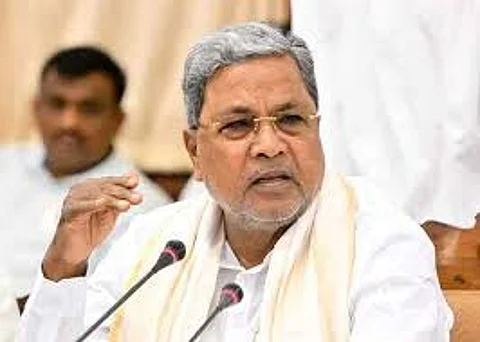

Karnataka Chief Minister Siddaramaiah has been summoned by the Lokayukta police for questioning on November 6 in connection with alleged irregularities in the allotment of sites by the Mysuru Urban Development Authority (MUDA). The CM faces allegations related to the allotment of 14 compensatory sites to his wife, Parvathi B M, who was questioned by the Lokayukta police on October 25 and is also named in the case.
The controversy centers on accusations that MUDA allotted the sites to Parvathi in a high-value area in Mysuru—Vijayanagar Layout 3rd and 4th stages—as compensation for land in a different location that she allegedly did not legally own. Under MUDA’s 50:50 scheme, landowners are allotted 50 percent of developed sites in exchange for their undeveloped land used in residential layouts. In Parvathi’s case, it is alleged that she lacked a legal title over the 3.16 acres of land in question, located in Kasare village, Mysuru taluk.
The investigation follows a complaint filed by RTI activist Snehamayi Krishna and is based on an FIR registered by the Lokayukta police in Mysuru on September 27. Besides Siddaramaiah and Parvathi, Siddaramaiah's brother-in-law Mallikarjuna Swamy and Devaraju, who initially owned and transferred the land to Parvathi, are also named in the FIR.
Responding to the summons while speaking to reporters in Haveri district, Siddaramaiah affirmed he would comply with the investigation. Earlier, on October 24, he challenged the legality of Karnataka Governor Thaawarchand Gehlot’s sanction for the probe, a matter which had been upheld by the Karnataka High Court.
Following the High Court’s order, a Special Court directed the Lokayukta police to complete the investigation and file a report by December 24. Meanwhile, Parvathi formally requested MUDA to cancel the 14 sites allotted to her, which the agency subsequently accepted.
Adding to the scrutiny, the Enforcement Directorate filed a report on September 30, indicating its attention to the case. The outcome of the Lokayukta probe and court proceedings is anticipated with interest in the state.
